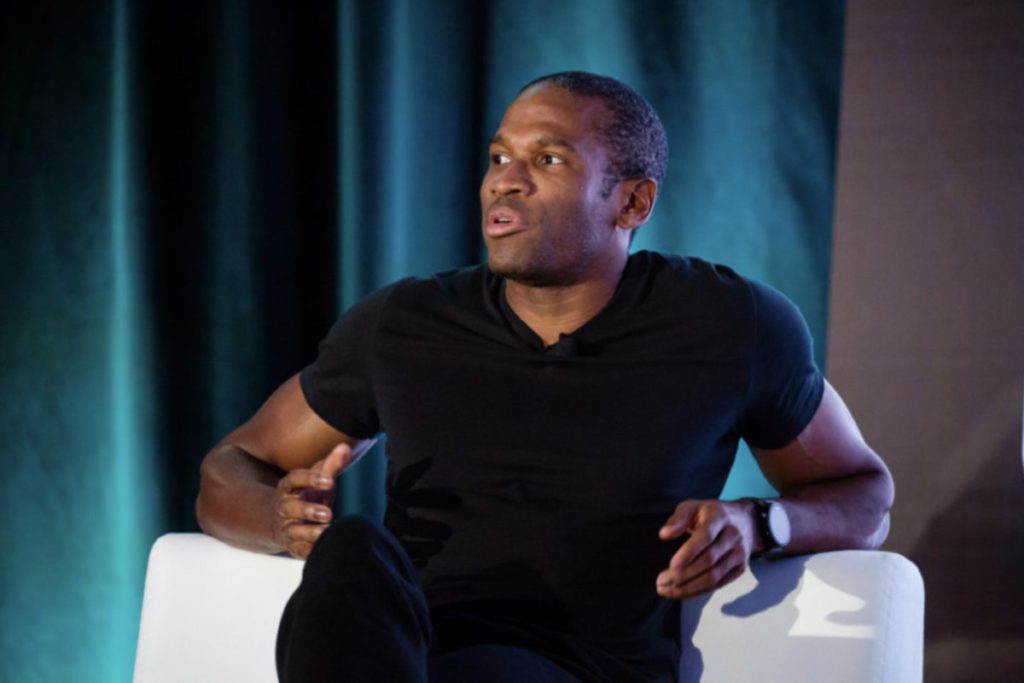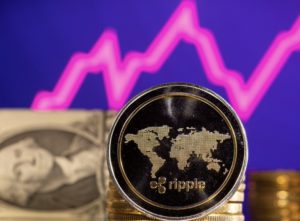Arthur Hayes Warns of the Risks if the US Forms a Bitcoin Strategic Reserve, Here’s Why!

Jakarta, Pintu News – Arthur Hayes, the former CEO of the cryptocurrency exchange platform Bitmex, recently warned about the potential dangers of the United States (US) establishing a Bitcoin Strategic Reserve (BSR).
In his essay published on February 5, Hayes criticized the idea of the US government creating a Bitcoin reserve and suggested that such a policy would lead to political manipulation and significant market volatility, rather than long-term stability.
Criticism of the Bitcoin Strategic Reserve Idea
Hayes believes that many in the crypto industry misunderstand how government intervention could actually harm them. In his view, some people are hoping that the US government would print dollars and buy Bitcoin to add to the national reserve.
Read more: Kanye West Unveils $2 Million Scam Offer for Meme Coin Promotion – What’s the Story?
However, he argues that this move could have long-term negative effects. He explained, “Many people in the crypto industry want the US government to buy Bitcoin, but they fail to consider the negative consequences.”
According to Hayes, if the US government were to purchase large amounts of Bitcoin, such as the one million Bitcoin suggested by Senator Lummis, it would cause a massive price spike.
However, once the purchases are complete, the price rise would halt, and the market would face uncertainty, potentially leading to high volatility.
Risks of Volatility and Political Manipulation

Hayes warns that a Bitcoin reserve controlled by the government could become a “time bomb” vulnerable to political manipulation. He explained that if a future administration, particularly one led by the Democratic Party, sees the Bitcoin reserve as a source of liquidity that could be sold at any time, it would pressure the market.
He added, “There’s a million Bitcoin just waiting to be sold, with nothing more than a signature on paper. The market would surely worry about when and how these Bitcoins will be sold.”
He further explained that the government’s buying and selling of Bitcoin would likely be driven by political motives rather than rational economic considerations.
According to Hayes, this could create uncertainty and dampen market enthusiasm for Bitcoin, which is meant to be a decentralized asset.
Alternative Approach Suggested by Hayes
As an alternative to the government creating a Bitcoin reserve, Hayes proposes a more gradual strategy—integrating Bitcoin into the US financial system as a reserve asset, rather than holding it in large quantities.
He suggests that the dollar should be slowly devalued against Bitcoin, allowing Bitcoin’s value to rise while still maintaining the dollar’s dominance in international trade.
Hayes also recommends that Bitcoin be legally protected as a form of free speech. This would enable miners and blockchain participants to operate without government interference, thereby enhancing economic freedom within the crypto ecosystem.
Read more: CZ Reveals His Take on Memecoins After the Launch of $TST on Binance, Here’s Why!
Skepticism Towards US Government Policy
Although former President Donald Trump appeared supportive of cryptocurrency, Hayes remains skeptical about any policy changes that would genuinely affect the industry.
He argues that without monetary stimulus from the Federal Reserve or more supportive policies from the US Treasury, Bitcoin’s price could fall back to the $70,000 to $75,000 range.
He also emphasizes the importance of crypto holders actively engaging in policy formation, rather than merely hoping that politicians will act in their favor.
References:
- Bitcoin News. Arthur Hayes Warns of Bitcoin Crash If US Creates Strategic BTC Reserve. Accessed February 10, 2025.
- Featured Image: CCN




